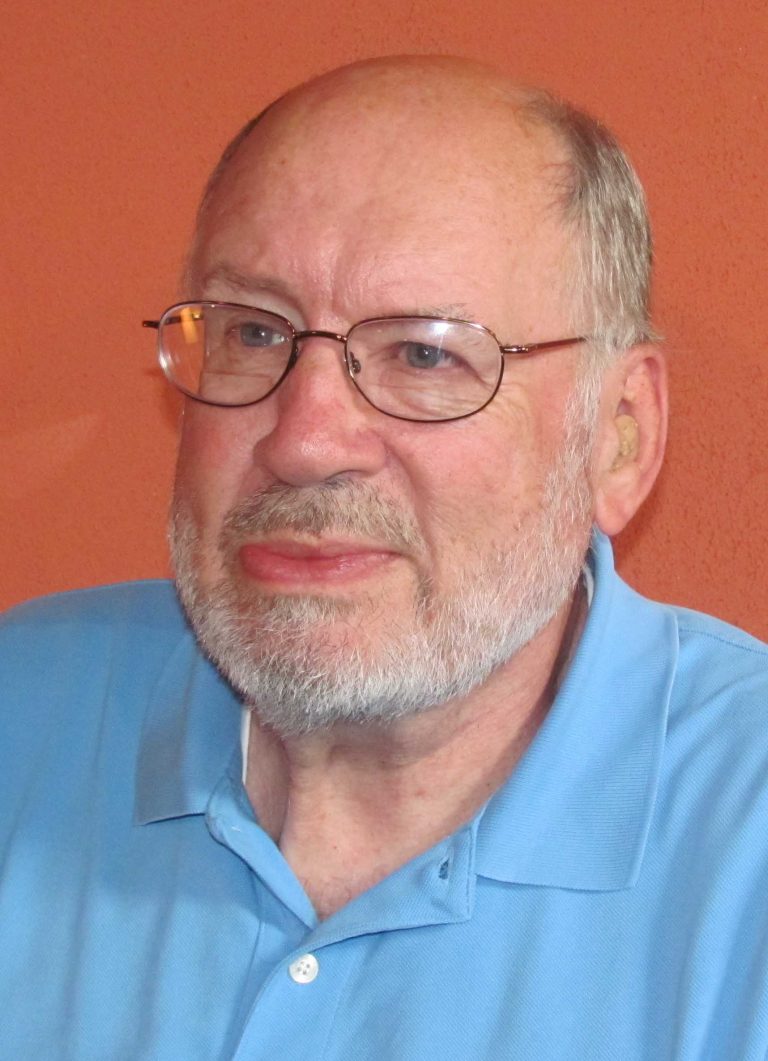Recently, an organization named General Social Survey (GSS) released information pertaining to a national poll revealing a change in our societal interaction in America.
The GSS mission is defined in the following statement: “The General Social Survey (GSS) conducts basic scientific research on the structure and development of American society with a data-collection program designed to both monitor societal change within the United States and to compare the United States to other nations.” For more information go online to http://www3.norc.org/GSS+Website/.
GSS has found that Americans trust each other less than they have in the past 40 years and maybe less than ever. The same type survey done in 1972 indicated that half the people surveyed agreed that most people can be trusted.
Some 40 years later, the recent survey indicates that only one third of the people surveyed agreed that most people can be trusted. In hearing these statistics, our minds race to think of changes in American Society and how this feeling about other people has evolved.
Many Biblical verses, mostly from the Old Testament, lead us in this way: Psalm 118:8 tells us, “It is better to take refuge in the Lord than to trust in man;” Micah 7:5, “Put no trust in a neighbor, have no confidence in a friend, guard the doors of your mouth from her who lies in your arms;” Jeremiah 17:5, “Thus says the Lord: “Cursed is the man who trusts in man and makes flesh his strength, whose heart turns away from the Lord.”
Do these verses tell us it’s alright not to trust each other?
Is this GSS Poll on how our trusting of one another is declining a sign we are trusting in the Lord more and that’s good?
Don’t you think it’s a little more complicated than that?
Let’s look at some of the levels of mistrust that were revealed in the survey. The survey says: 1) Seventy-eight percent only trust people they meet while traveling “just somewhat,” “not too much” or “not at all.”
2) Fifty-five percent don’t trust people who they hire to do work in their homes.
3) Seventy-five percent mistrust people who are also driving cars while they drive.
4) Eighty-one percent said that they trust politicians in Washington to do the right thing “only some of the time.”
Let’s look into this declining trust in one another a little deeper.
Could it be that our lack of trust of others is because we are not acting out our best from within ourselves and thus we are experts in bad behavior and see it readily in others? Let’s turn to the Gospel of our Lord and Savior Jesus Christ.
In Luke 10:27 we hear, ‘And he answered,’ “You shall love the Lord your God with all your heart and with all your soul and with all your strength and with all your mind, and your neighbor as yourself.”
Wow, maybe we don’t love ourselves and that reflects in how we love and trust others.
In Matthew 5:38-39 we hear, “You have heard that it was said, ‘An eye for an eye and a tooth for a tooth.’ But I say to you, do not resist the one who is evil. But if anyone slaps you on the right cheek, turn to him the other also.” I shout another “Wow” for that guidance from Jesus.
I find myself and others I interact with wanting to strike out at those who are irritating, disagreeable or have different opinions about things. I don’t see any footnotes in the Gospel of Jesus that say, *use your own judgment.* If you want to really test yourself, take a look at Matthew 6:14-15 where the Lord tells us, “For if ye forgive men their trespasses, your heavenly Father will also forgive you: But if ye forgive not men their trespasses, neither will your Father forgive your trespasses.”
So much has changed in our society and culture in the past 40 years. If we don’t like something or someone, we just go to the internet social media sites and let it all hang out.
We can react instantly about something and it goes around the world in a few seconds. We are influenced by others who react as quickly as we do.
When our lives don’t go our way we seek ways to escape through alcohol, drugs or other addictions.
The advice from Jesus, 2,000 years ago, is still the best guidance in dealing with trusting others.
Maybe if we corrected some of our own issues and trusted in the Lord in all we think and do, it would be easier to trust others.
Maybe we’re not being the example to others that we should be.
Robert Halsey Pine was born at Newark, Ohio in 1943 and grew up in Rockville, Md., Pine is a graduate of Northeastern University and completed the program of Theological Education by Extention: Education for Ministry, School of Theology, the University of the South. He is involved in prison ministry and is a leader in his church and community.





